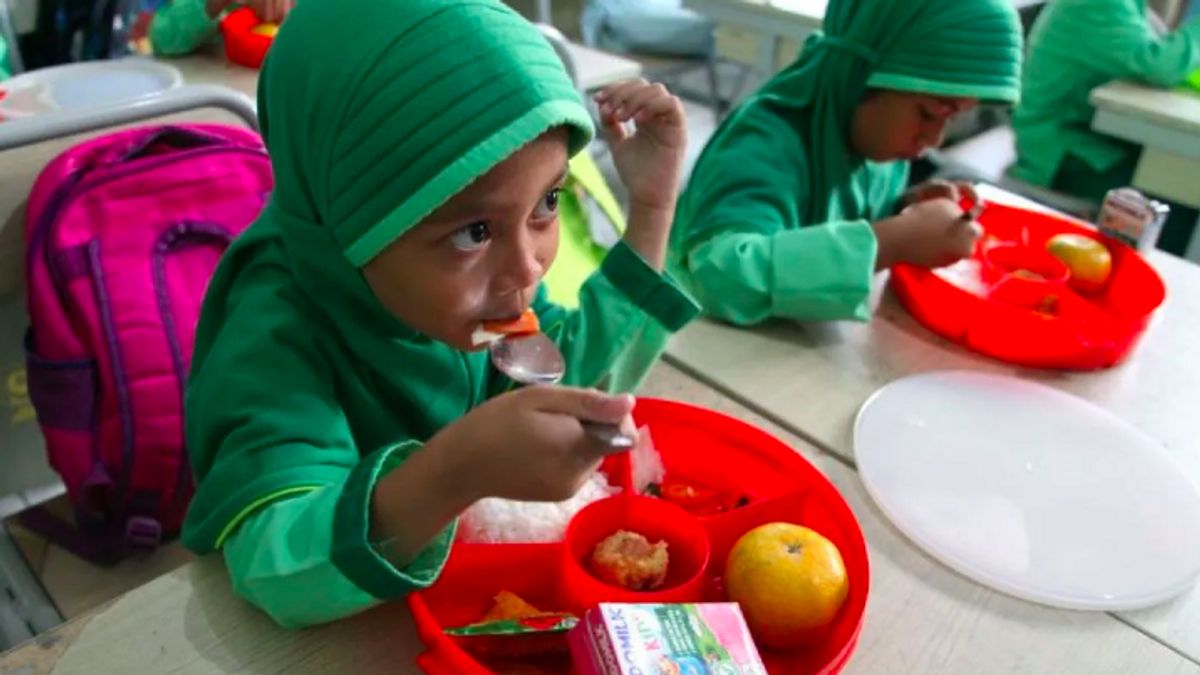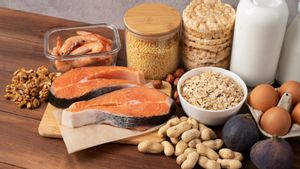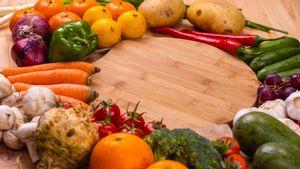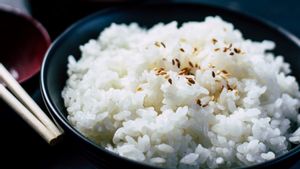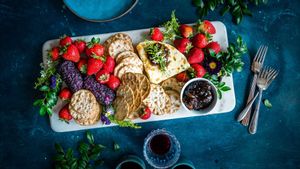JAKARTA - Sources of carbohydrates in the Free Nutrition Eating Program menu for school students do not always have to be rice. This was said by an expert, Prof. Dr. dr. Rini Sekartini Sp. A(K), professor at the Department of Children's Health Sciences, Faculty of Medicine, University of Indonesia.
"It can be replaced, it can be bread, it can be noodles, it can be potatoes, sweet potatoes...," said Prof. Rini as quoted by Antara.
Prof.Rini said, foods containing carbohydrates equivalent to rice can be an option in providing free breakfast or lunch for school students in the Free Nutrition Food Program which will be implemented by the government.
According to him, the dose and portion of carbohydrate sources in the school's diet can be adjusted to the average weight and daily calorie needs of children.
He gave an illustration, if children need around 1,500 calories a day, the food in one meal should contain approximately 400 calories from the source of carbohydrates and protein as well as additional calories from snacks.
Prof. Rini reminded that there should be no two types of carbohydrate sources in one portion of food.
"So there is only one. If protein can be more than one source, for example, eggs and chickens are allowed," he said.
If there is an additional source of carbohydrates in the form of sweet potatoes or potatoes in food offerings, he continues, then the amount should be calculated and calculated as a substitute for some rice.
SEE ALSO:
"The amount must be weighed, usually how many tablespoons of rice is how many grams, how many calories," he said.
He said replacing rice with other sources of carbohydrates could train children to recognize and experience various foods. In addition to designing choices and doses of carbohydrate sources, preparing a menu for children's food for the provision of protein sources also needs to be considered.
According to Prof. Rini, children aged two to teenagers need to consume milk at least 500 cc a day.
He also conveyed the importance of paying attention to meeting children's nutritional needs in the provision of food to avoid problems such as obesity, which can increase the risk of heart disease, diabetes, and other health problems.
The English, Chinese, Japanese, Arabic, and French versions are automatically generated by the AI. So there may still be inaccuracies in translating, please always see Indonesian as our main language. (system supported by DigitalSiber.id)
